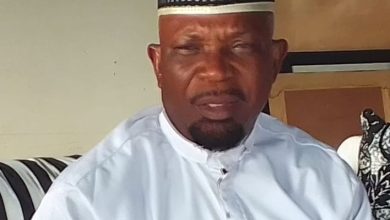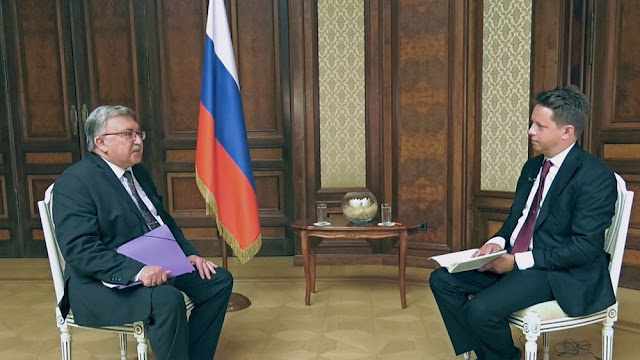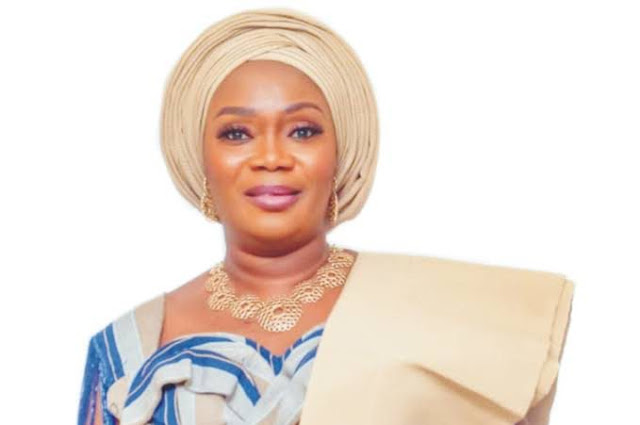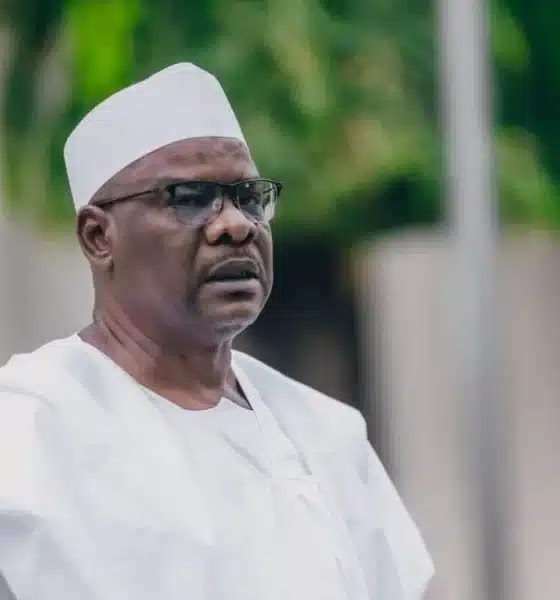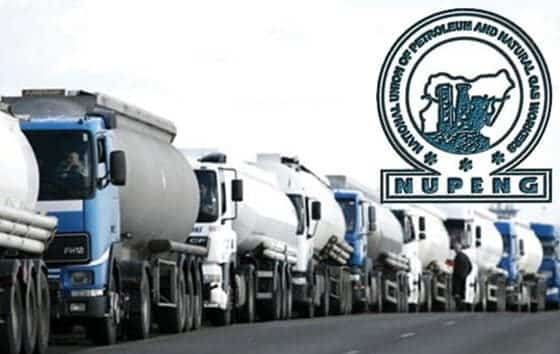In a dramatic escalation of Nigeria’s volatile political landscape, the Labour Party (LP) has raised a piercing alarm, accusing the ruling All Progressives Congress (APC) of orchestrating a calculated plot to destabilize and “hijack” its organizational structures. The accusation, which comes at a time of heightened political maneuvering ahead of the 2027 general elections, has intensified tensions between the two parties, spotlighting the fragility of opposition politics in Nigeria’s democracy. The Labour Party’s claims, articulated by its National Publicity Secretary, Obiora Ifoh, point to alleged efforts by the APC to sow discord within the LP ranks, weaken its cohesion, and erode its growing influence as a formidable opposition force.
The Labour Party’s Allegations
The Labour Party’s allegations are rooted in what it describes as a deliberate strategy by the APC to infiltrate and dismantle its internal mechanisms. According to Ifoh, the APC is deploying a multi-pronged approach, leveraging its control over state institutions and political actors to undermine the LP’s leadership and grassroots support. The accusations come in the wake of recent internal crises within the Labour Party, particularly a contentious leadership tussle that has threatened to fracture the party’s unity.
Ifoh, in a strongly worded statement, alleged that the APC is exploiting these internal challenges to orchestrate a takeover of the Labour Party’s structures. “We have it on good authority that the APC is actively working to hijack the Labour Party’s structures,” Ifoh said, pointing to what he described as covert operations aimed at destabilizing the opposition. “They are using their influence to manipulate our internal processes, sponsor dissension, and weaken our resolve as a party that represents the aspirations of millions of Nigerians.”
The Labour Party’s spokesperson did not mince words, accusing the APC of employing tactics reminiscent of political subterfuge seen in previous election cycles. These tactics, he claimed, include funding disgruntled members to create factions, influencing judicial processes to favor anti-LP rulings, and deploying propaganda to discredit the party’s leadership. The end goal, according to Ifoh, is to neutralize the Labour Party’s growing popularity, which surged during the 2023 general elections, and prevent it from posing a significant challenge to the APC’s dominance in 2027.
Context of the Allegations: The 2023 Elections and LP’s Rise
To fully grasp the weight of these allegations, it is essential to revisit the Labour Party’s remarkable performance in the 2023 general elections, which marked a turning point in Nigeria’s political history. The LP, long considered a peripheral player in the country’s two-party-dominated system, emerged as a formidable third force, largely propelled by the candidacy of Peter Obi, its presidential flagbearer. Obi, a former governor of Anambra State, galvanized a broad coalition of young voters, urban professionals, and disillusioned citizens under the banner of the “Obidient” movement—a grassroots campaign that leveraged social media and mass mobilization to challenge the APC and the Peoples Democratic Party (PDP).
The 2023 elections saw the Labour Party secure significant electoral gains, including winning governorships, National Assembly seats, and a substantial share of the presidential vote. Peter Obi’s campaign, anchored on promises of economic reform, anti-corruption measures, and good governance, resonated with Nigerians frustrated by years of mismanagement, insecurity, and economic hardship under successive APC and PDP administrations. Although Obi did not clinch the presidency, the Labour Party’s performance sent shockwaves through the political establishment, positioning it as a credible alternative to the APC and PDP duopoly.
This meteoric rise, however, came with challenges. The Labour Party’s rapid growth exposed its structural weaknesses, including a lack of entrenched organizational frameworks and internal cohesion. The party’s leadership, unaccustomed to managing a national political machine, faced difficulties in consolidating its gains and maintaining unity among its diverse membership. These vulnerabilities, the LP now claims, are being exploited by the APC to undermine its progress.
The APC’s Alleged Tactics: A Deep Dive
The Labour Party’s accusations paint a picture of a sophisticated and aggressive campaign by the APC to weaken its rival. According to Ifoh, the APC’s strategy involves several key elements:
Sponsoring Internal Factions: The LP alleges that the APC is providing financial and logistical support to disgruntled members within the Labour Party to create parallel leadership structures. These factions, often led by former allies of the party’s mainstream leadership, are allegedly being used to challenge the authority of key figures like Peter Obi and the party’s national chairman, Julius Abure. By fostering division, the APC aims to fragment the LP’s unity and dilute its electoral strength.
Manipulation of Judicial Processes: Ifoh pointed to what he described as “suspicious” court rulings that have complicated the Labour Party’s internal leadership disputes. In recent months, the LP has been embroiled in legal battles over the legitimacy of its national executive committee and state-level leadership. The party claims that some of these cases are being influenced by APC-aligned actors within the judiciary, with the aim of installing pliable leaders who can be co-opted by the ruling party.
Media Smear Campaigns: The Labour Party also accuses the APC of orchestrating a media offensive to discredit its leadership and tarnish its public image. Ifoh cited examples of “coordinated” negative press, including allegations of financial mismanagement and leadership incompetence, which he claims are designed to erode public trust in the LP. Social media platforms, particularly X, have been awash with narratives questioning the party’s integrity, with some accounts allegedly linked to APC operatives amplifying these claims.
Infiltration of Grassroots Structures: Perhaps the most alarming accusation is that the APC is attempting to infiltrate the Labour Party’s grassroots networks, particularly in states where the LP has strong support, such as Lagos, Anambra, and Edo. Ifoh alleged that APC agents are posing as LP members to sow discord at the ward and local government levels, weakening the party’s organizational base.
The APC’s Response: Denial and Counter-Accusations
The APC, predictably, has dismissed the Labour Party’s allegations as baseless and diversionary. In a statement issued by its National Publicity Secretary, Felix Morka, the ruling party described the LP’s claims as “a desperate attempt to deflect attention from its internal crises.” Morka argued that the Labour Party’s leadership struggles are a product of its own mismanagement and lack of coherent strategy, rather than any external interference.
“The Labour Party is imploding under the weight of its own contradictions,” Morka said. “Instead of addressing their internal failures, they are resorting to cheap propaganda and scapegoating the APC. We have no interest in their structures; our focus is on delivering good governance to Nigerians.”
Morka’s statement also took a swipe at the Labour Party’s leadership, accusing it of failing to build a sustainable political platform. “The LP’s so-called rise in 2023 was a flash in the pan, driven by temporary emotions rather than a solid organizational foundation,” he said. “They should focus on resolving their leadership tussle and building a credible party, rather than peddling conspiracy theories.”
The APC’s rebuttal, however, has done little to quell the Labour Party’s concerns. Ifoh, in a follow-up statement, insisted that the APC’s denial is part of a broader strategy to downplay its actions while continuing to undermine the opposition. “The APC’s response is predictable,” he said. “They will deny in public while continuing their clandestine operations behind the scenes.”
Broader Implications for Nigeria’s Political Landscape
The Labour Party’s allegations, whether substantiated or not, underscore the precarious state of opposition politics in Nigeria. The country’s democratic history is replete with examples of ruling parties using state power to suppress or co-opt opposition movements. From the era of the PDP’s dominance in the early 2000s to the APC’s current grip on power, opposition parties have often faced existential threats, ranging from electoral manipulation to institutional sabotage.
The Labour Party’s emergence as a viable third force has disrupted this pattern, offering Nigerians an alternative to the APC-PDP binary. However, the party’s rapid ascent has also made it a target for political actors seeking to maintain the status quo. The allegations of APC interference, if true, raise serious questions about the health of Nigeria’s democracy and the ability of opposition parties to operate without undue pressure.
Analysts argue that the Labour Party’s accusations reflect a broader trend of political intolerance in Nigeria. Dr. Chidi Okeke, a political scientist at the University of Lagos, noted that the APC’s alleged tactics are consistent with a historical pattern of ruling parties seeking to neutralize opposition threats. “The APC sees the Labour Party as a genuine threat, particularly because of its appeal to younger voters and its ability to mobilize grassroots support,” Okeke said. “By targeting the LP’s structures, the APC is attempting to nip this threat in the bud before 2027.”
Okeke also pointed to the role of state institutions in political conflicts. “The judiciary, security agencies, and even the Independent National Electoral Commission (INEC) have often been accused of being complicit in ruling party schemes,” he said. “If the Labour Party’s allegations are true, it suggests that these institutions are once again being weaponized to suppress opposition voices.”
The Labour Party’s Internal Challenges
While the Labour Party’s accusations against the APC have dominated headlines, it is impossible to ignore the party’s internal challenges, which have provided fertile ground for external interference. Since the 2023 elections, the LP has grappled with a series of crises, including disputes over leadership, financial accountability, and strategic direction.
At the heart of the party’s troubles is a leadership tussle between the Julius Abure-led national executive and factions backed by other prominent figures, including some state governors and former party stalwarts. The conflict has led to parallel congresses, legal battles, and public spats that have weakened the party’s cohesion. Critics argue that the LP’s failure to resolve these disputes has made it vulnerable to external manipulation, as disgruntled members become easy targets for co-optation by rival parties.
Peter Obi, the party’s most prominent figure, has attempted to mediate these conflicts, but his efforts have met with limited success. Obi’s reluctance to take a firm stance on the leadership dispute has fueled perceptions of indecision, further complicating the party’s efforts to present a united front. Some analysts believe that Obi’s focus on maintaining broad appeal has prevented him from asserting strong leadership within the party, creating a vacuum that the APC is allegedly exploiting.
The Road to 2027: Challenges and Opportunities
As Nigeria approaches the 2027 general elections, the Labour Party faces a critical juncture. The party’s ability to overcome its internal challenges and counter alleged external threats will determine its viability as a political force. For the LP to sustain its momentum, it must address several key issues:
Strengthening Organizational Structures: The Labour Party’s rapid growth in 2023 exposed its lack of robust organizational frameworks. To withstand external pressures, the party must invest in building strong ward, local government, and state-level structures. This includes training party officials, establishing clear lines of authority, and ensuring accountability at all levels.
Resolving Leadership Disputes: The ongoing leadership tussle must be resolved swiftly to prevent further fragmentation. The party may need to convene a national convention to elect a unified leadership and establish a clear roadmap for the future. Peter Obi’s role in this process will be crucial, as his influence remains a unifying factor for the party’s base.
Countering External Interference: The Labour Party must develop strategies to protect its structures from infiltration and manipulation. This could involve stricter vetting of members, enhanced cybersecurity to counter propaganda, and legal measures to challenge unfavorable judicial rulings.
Sustaining Grassroots Support: The LP’s success in 2023 was driven by its ability to mobilize young voters and urban professionals. To maintain this support, the party must continue to articulate a clear vision for Nigeria’s future, addressing issues such as unemployment, insecurity, and economic inequality.
For the APC, the allegations present both a challenge and an opportunity. While the party has denied any wrongdoing, the accusations could damage its public image, particularly among voters who value democratic fairness. The APC must tread carefully to avoid being seen as a bully, while also maintaining its political dominance.
Public Reaction and the Role of Social Media
The Labour Party’s allegations have sparked intense debate on social media platforms, particularly X, where the “Obidient” movement remains highly active. Supporters of the LP have rallied behind the party’s claims, using hashtags like #ProtectLP and #APCThreat to amplify their message. Many have called for investigations into the alleged interference, with some demanding that the APC be held accountable for undermining Nigeria’s democracy.
Conversely, APC supporters have dismissed the allegations as a publicity stunt, accusing the Labour Party of playing the victim to garner sympathy. The polarized nature of these reactions highlights the deep divisions in Nigeria’s political landscape, with social media serving as a battleground for competing narratives.
Conclusion: A Test for Nigeria’s Democracy
The Labour Party’s accusations against the APC represent more than just a political spat; they are a litmus test for the resilience of Nigeria’s democratic institutions. As the 2027 elections approach, the ability of opposition parties like the LP to operate freely will be a key indicator of the country’s democratic health. For the Labour Party, the immediate priority is to address its internal challenges and fortify its structures against external threats. For the APC, the allegations serve as a reminder of the need to uphold democratic principles, even in the face of intense political competition.
As Nigerians watch this unfolding drama, the stakes could not be higher. The Labour Party’s ability to navigate these challenges will determine whether it can sustain its momentum as a transformative force in Nigerian politics, or whether it will succumb to the pressures of a system designed to favor entrenched powers. For now, the battle lines are drawn, and the nation waits to see how this high-stakes political chess game will play out.


